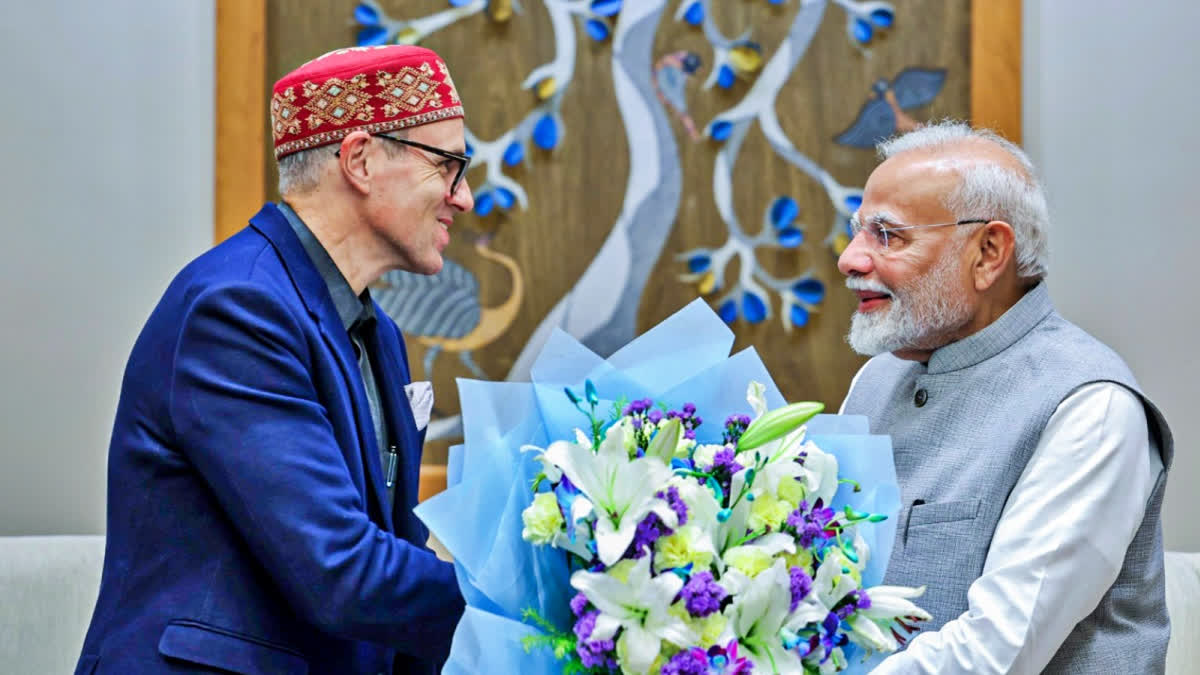Politics in Kashmir has grown increasingly fascinating, especially after the elections and the subsequent government formation led by the National Conference. During elections, closer districts of Jammu city have demonstrated their proximity with the BJP, apparently endorsing their agenda which the BJP has for the region, albeit evasive occasionally.
The perplexity, bewilderment and confusion remained conspicuous over the absence of BJP MLAs when the Lt Governor sought their presence on the fifth foundation day of the Union Territory of Jammu and Kashmir. People in Jammu overwhelmingly voted for the BJP, chanted slogans for its agenda, supporting the repeal of Article 370.
The people of Kashmir, on the contrary, unequivocally chose the National Conference, the grand old party, as their best choice, overlooking their controversial past. At the same time, harbouring grudges towards the PDP (People's Democratic Party) dumped them with negligible representation in the Assembly for they let the BJP serve the treasury bench in the erstwhile state Assembly. Jammu region's Chenab Valley and Pir Panjal were divided on making choices between various parties.
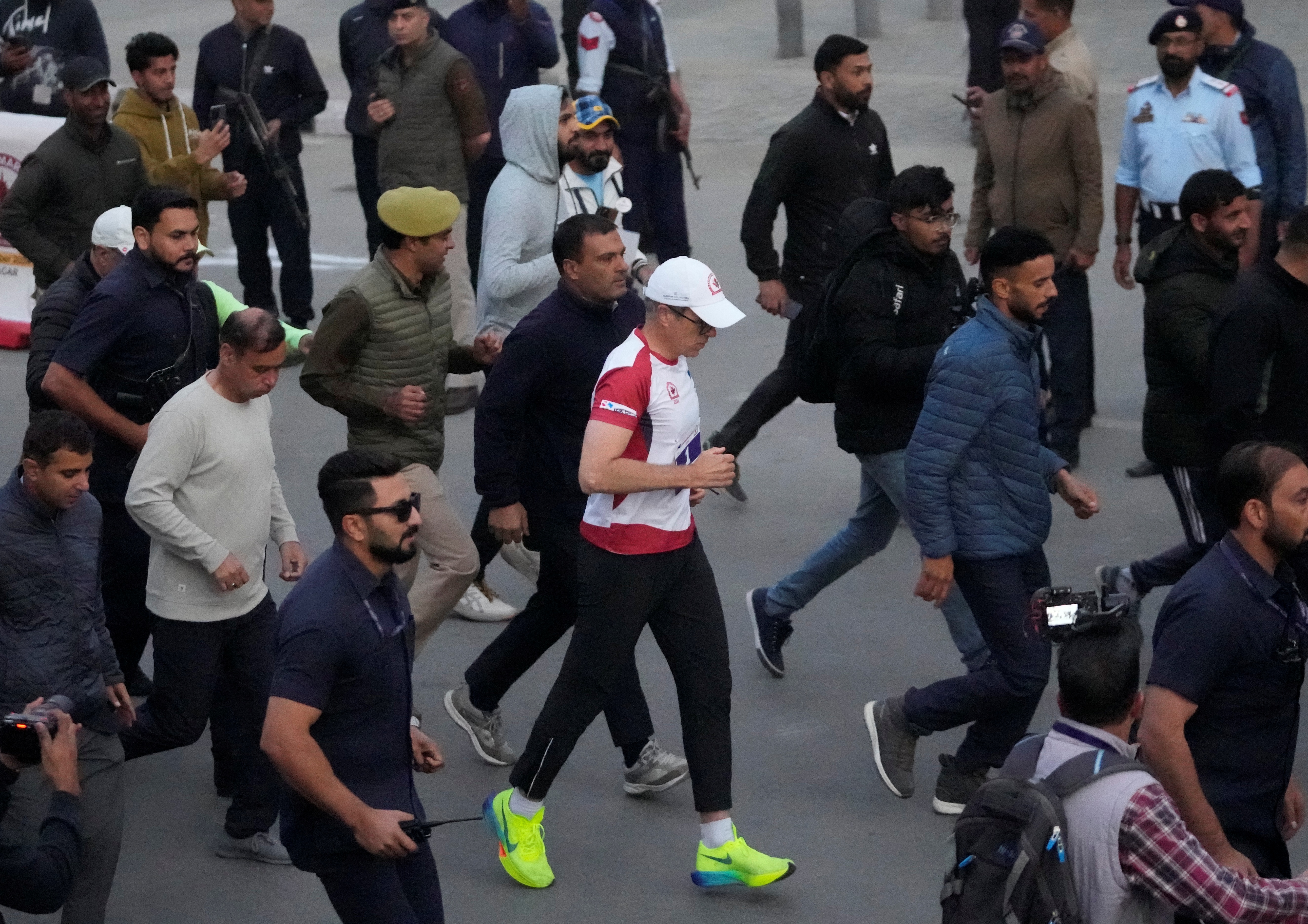
Now that the politicians who earlier ruled the state are back in office, and while they have the same titles and responsibilities, their mandates and powers are limited compared to what they had before. Since the Assembly was equally weakened, unlike the former state Assembly which was the most powerful legislative Assembly, the members will have fewer powers. Most of the things will be directly controlled by the Centre and the Cabinet in the Union Territory will have a limited mandate.
The Chief Minister and his cabinet will be at the mercy of the Centre for most things, and Congress being an ally will always make it difficult for them to negotiate. The National Conference, which was once a part of the NDA, has started to engage with the BJP leadership, and they have exhibited a soft corner for Omar Abdullah, in reciprocation.
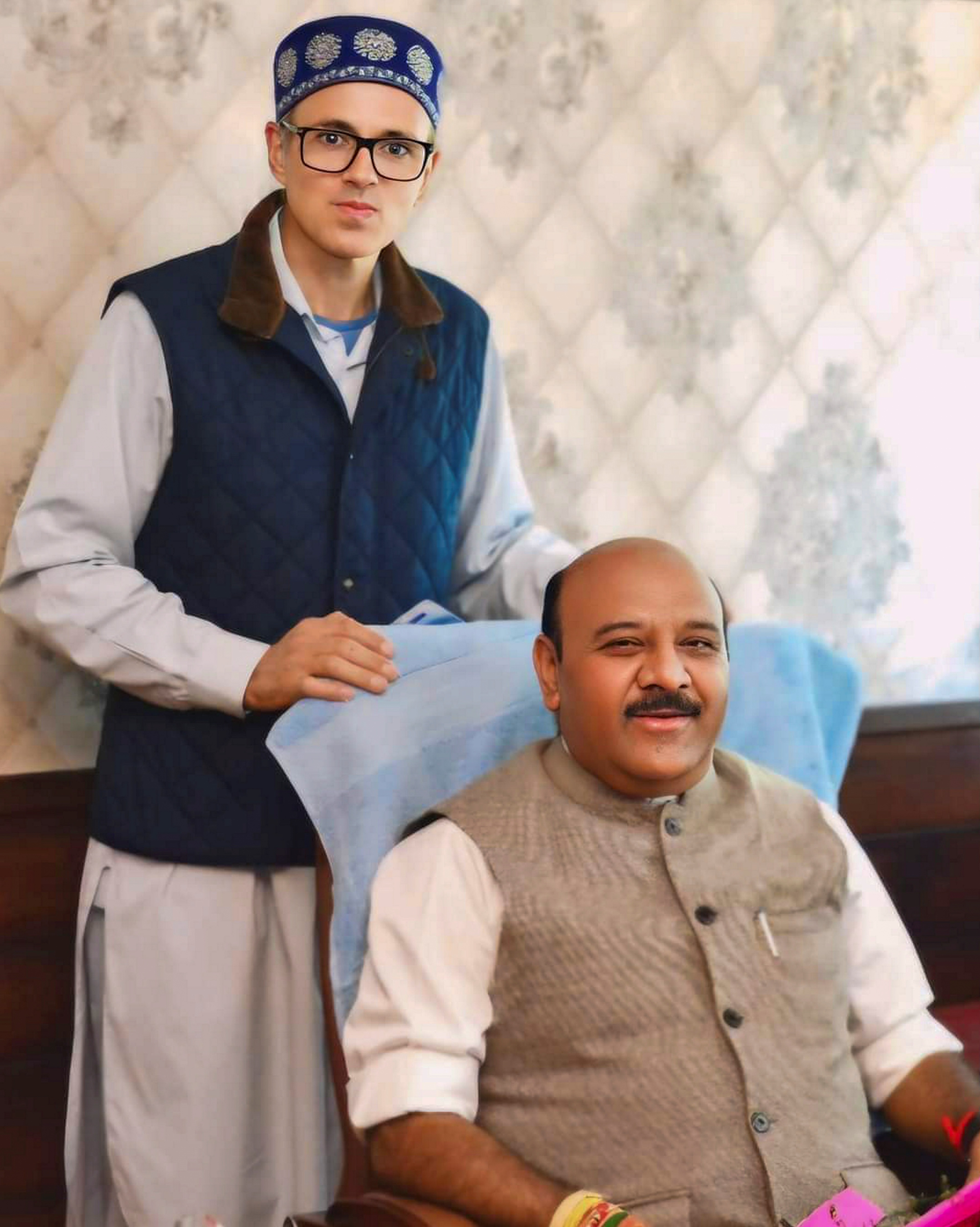
Congress, similarly, chose not to be part of the Cabinet led by Omar Abdullah assuming it may cause the grant process to drag on. Congress seems to have made up its mind for any eventuality as Omar's meeting with Prime Minister Narendra Modi and Amit Shah on a good note shows no great signs for the Congress-NC alliance.
Otherwise, there aren't great memories the National Conference and Congress share. Sheikh Abdullah, the founder of NC, was jailed when Jawaharlal Nehru was the Prime Minister. When Indira Gandhi was in power, Farooq Abdullah was overthrown. Other than seeing each other grow, Omar Abdullah and the Gandhi siblings have no great memories to share.
Muftis, on the contrary, have for the time being gone off the radar from public view till people forget what they have done. Mehbooba Mufti as Chief Minister during PDP rule defended the killing of young boys during the demonstrations, but now she shed tears and chants dirges, which didn't appear to be workable for her. Her daughter, Iltija Mufti made her debut in electoral politics but she was humiliatingly defeated from Bijbera, her grandfather's stronghold.
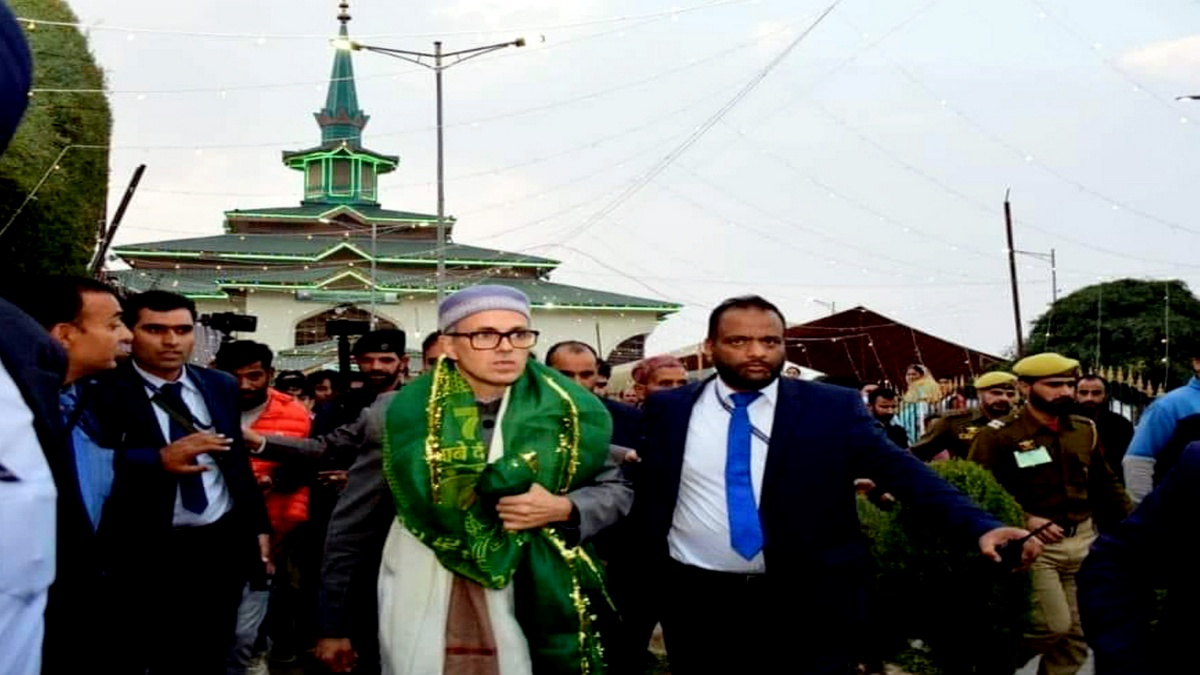
The resentment for PDP became fodder for NC in the valley. With no real options, Kashmiri voters turn to the National Conference as their first choice in the hopes of some respite. Beyond breather, there shouldn't be many expectations because the same party was held accountable for everything that happened in the past.
Jamaat-e-Islami accused them of election rigging in 1987, which is thought to have been the source of the strife in Kashmir. Jamaat appeared to be siding with the BJP against the NC this time. Members of AIP led by Engineer Rashid skulked through BJP ranks didn’t bear any fruits. Rashid was in jail when he emerged as the winner from the Baramulla seat defeating heavyweights like Omar Abdullah and Sajad Lone.
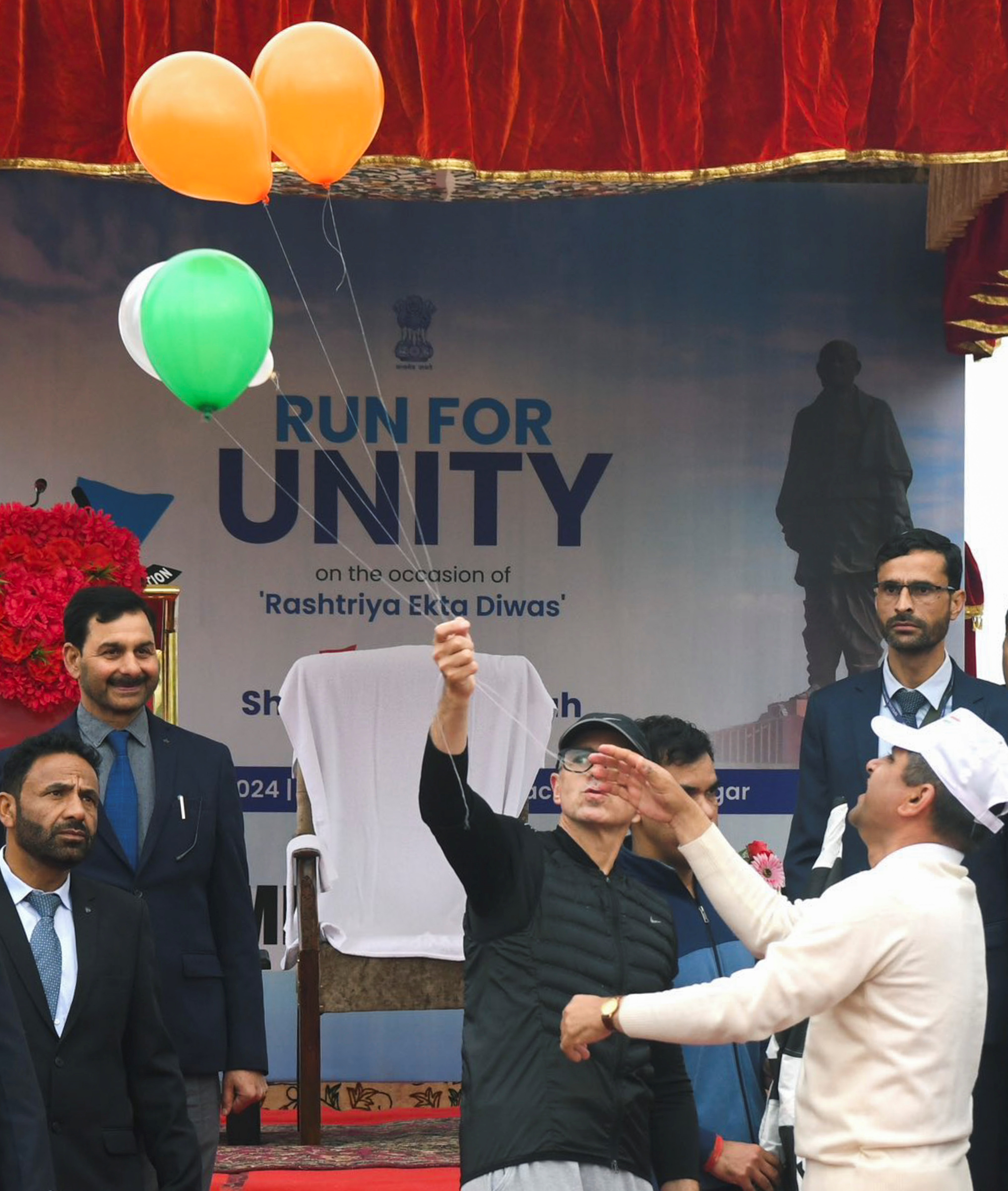
Since nothing is permanent in politics, the Congress imprisoned Sheikh Abdullah, who later befriended them, and the BJP imprisoned other Kashmiri leaders who are likely to work with them in the future. The National Conference has already sparked rumours that Delhi is pleased, and messages promising statehood are swiftly making their way from Delhi to Srinagar.
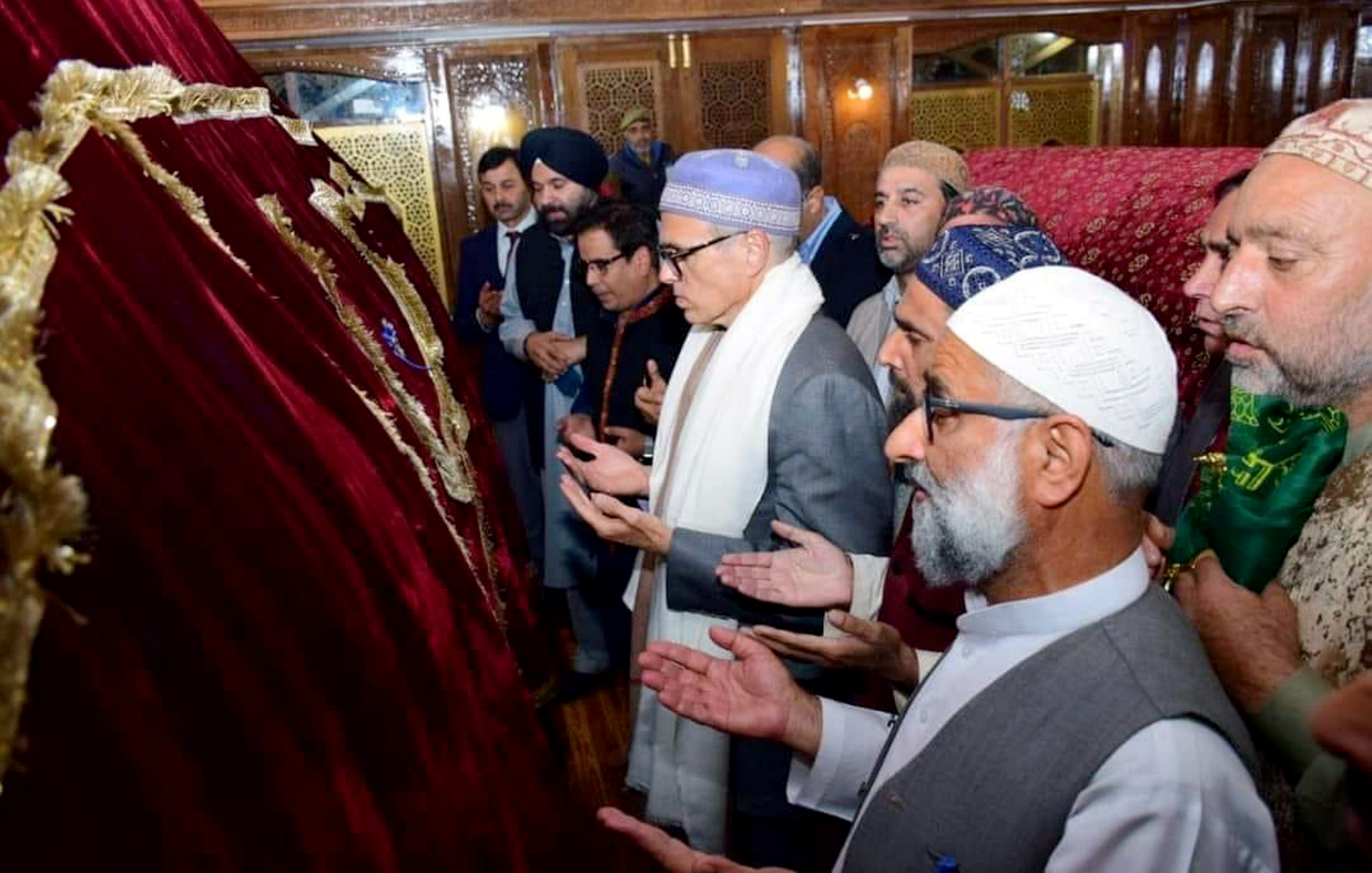
NC is likely to discuss restoration of article 370, to not irk the BJP, similar to how it handled its core party agenda ’autonomy’ in the erstwhile state of Jammu and Kashmir. The process of eye-wash will continue to dominate Kashmir politics and the real issues will take a backseat.
